This webinar was presented live during the 2022 Surname Society annual conference.
The sources we rely on for our family histories provide information, but the analysis of that information and formulation into proof requires a structured method. Currently there is little guidance on this for beginning and intermediate family historians, especially in the UK. This talk will discuss methodologies, what they are and why they are useful. It will introduce a research methodology and show how it can be used to successfully solve complex cases.

Already a member? Log in
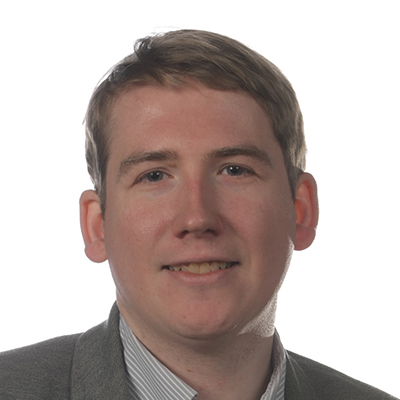
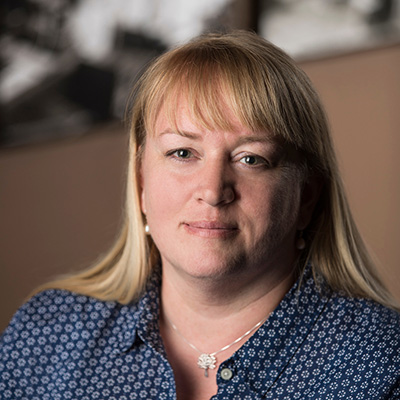


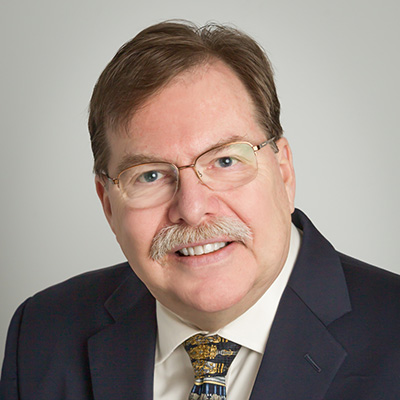

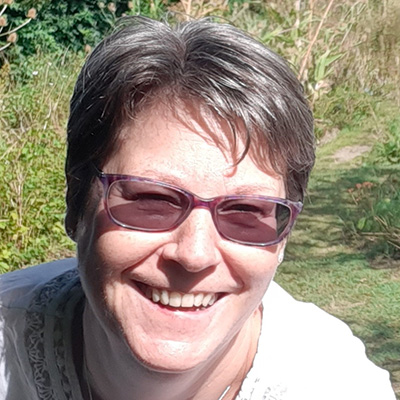

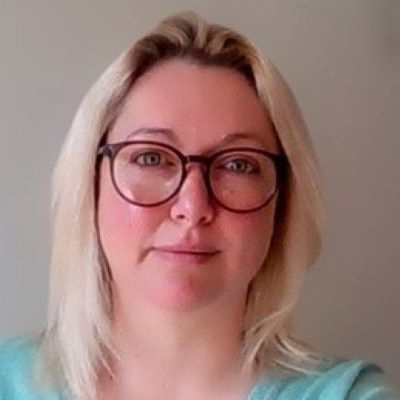
You should receive a confirmation email with a link to the webinar soon.
You’ll also receive a reminder both the day before and one hour before the webinar begins.
Didn’t receive a confirmation email?
You successfully registered for %s.
You should receive a confirmation email with a link to the webinar soon.
You’ll also receive a reminder both the day before and one hour before the webinar begins.
Didn’t receive a confirmation email?
To ensure a smooth, high-quality webinar experience, check the quality of your internet connection.
On the day of the webinar, connect 30–40 minutes before and turn off any background software. If you can’t tune in live, you can view the recording later in the Webinar Library. If joining via a mobile device, be sure to first install the free GoTo app.
Questions? Contact us or read our FAQ.
It looks like you’re already registered for this webinar
You can register for another webinar.
Didn’t receive a confirmation email?
It looks like you’re already registered for these webinars
You can register for another webinar.
Didn’t receive a confirmation email?
Something happened on our end, sorry about that
We were unable to complete your registration.
Please try again later.




Really clear presentation and case study outlining a practical methodology that doesn’t focus on the terminology that can be daunting when looking at the Genealogical Proof Standard. This is just the sort of approach that can draw in less experienced researchers, who might never think the GPS is relevant to them, turning us all into better family historians.